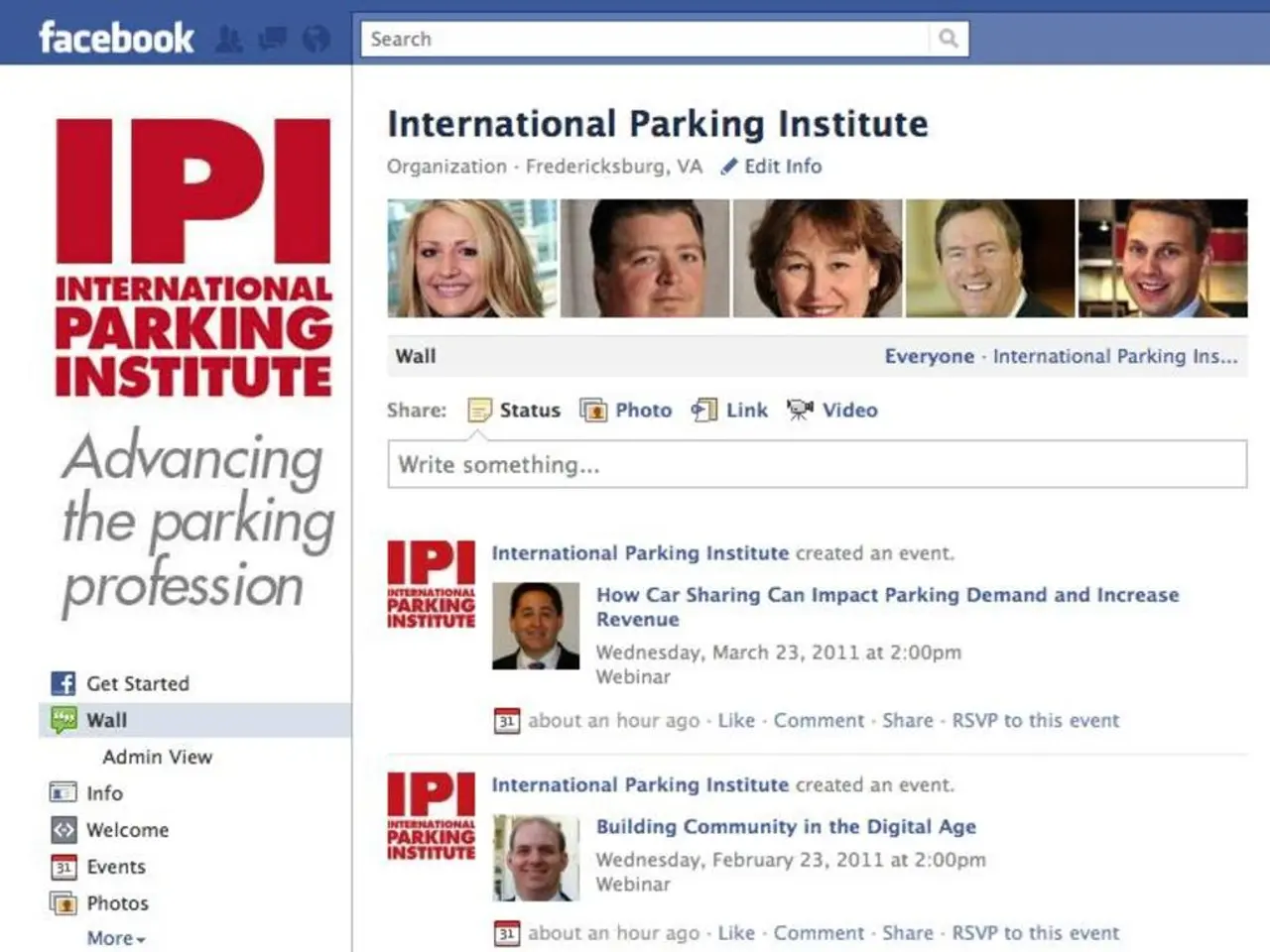Balancing Self-Preservation: The Delicate Divide
In the digital age, the lines between self-care and consumerism are becoming increasingly blurred, especially on popular platforms like TikTok. According to a recent survey, 18% of marketers are currently using TikTok for branding purposes, and 34% of TikTok users have admitted to purchasing a product as a result of an influencer's promotion [1].
The platform, which reached 1.5 billion users in 2023, is a breeding ground for trends, including the 'bed-rotting' phenomenon, where individuals stay in bed all day to refresh themselves. However, this behaviour may further feelings of depression and encourage avoidance.
Influencers are capitalising on this audience, promoting skincare products like Drunk Elephant to younger audiences. While this may boost sales, it also reinforces unrealistic beauty standards and encourages compulsive consumer behaviour.
The culture of social comparison on appearance-focused platforms fosters external validation through "likes" and comments, deepening anxiety and dissatisfaction. This can make users, particularly young people, feel constantly judged and under pressure to meet unattainable standards, reducing true self-acceptance.
The global skincare market was valued at $109.71 billion in 2023 and is projected to grow to $167.22 billion by 2030. Yet, the psychological impacts of excessive social media use extend beyond appearance concerns. It is linked to increased anxiety, depression, loneliness, and stress due to addictive behaviours, cyberbullying, and constant connectivity [2][3].
The World Health Organization has dubbed stress as the "Health Epidemic of the 21st Century." In the United States alone, stress is estimated to cost the economy over $300 billion per year. The self-care movement has risen in response to these rising anxiety and stress levels, particularly during the global pandemic.
However, the potential negative effects of social media on the self-care movement, especially regarding mental health and product consumption, are significant. The self-care movement, which dates back to Socrates' philosophies about caring for the soul, emphasizes authenticity, balance, and mental wellbeing. Yet, the commodification of self-care on social media can overshadow these ideals with commercial motives.
Emi Hare-Yim, for example, has a Sunday self-care routine that includes taking a bath with Japanese salts and a hair mask. Yet, the global personal development market, focused on self-improvement and wellbeing, was valued at $43.77 billion in 2022 and is projected to grow at a compound annual rate of 5.5% between 2023 to 2030.
In conclusion, while social media can spread positive health information and community support, it is crucial to approach it with a critical eye. The negative effects on mental health and product-driven self-care trends, including heightened body dissatisfaction, increased anxiety and depression, promotion of consumerism, and emotional fatigue, underscore the need for mindful social media use within the self-care movement.
References:
[1] Hynes, S. (2021). The Impact of Social Media on Body Image and Self-Esteem. Psychology Today. Retrieved from https://www.psychologytoday.com/us/blog/the-self-care-revolution/202104/the-impact-social-media-body-image-and-self-esteem
[2] Twenge, J. M. (2017). iGen: Why Today's Super-Connected Kids Are Growing Up Less Rebellious, More Tolerant, Less Happy—and Completely Unprepared for Adulthood—and What That Means for the Rest of Us. Atria Books.
[3] Kross, E., Verduyn, P., Demiralp, E., Park, J., Lee, J., Lin, E., … & Lee, J. (2013). Facebook use predicts declines in subjective well-being in young adults. PLoS ONE, 8(7), e69846.
[4] American Psychological Association. (2019). Stress in America: The State of Our Nation. Retrieved from https://www.apa.org/news/press/releases/stress/2019/state-of-stress
[5] Twenge, J. M. (2021). i'm still a Gen Xer, but I'm raising an iGen. The Atlantic. Retrieved from https://www.theatlantic.com/magazine/archive/2021/03/im-still-a-gen-xer-but-im-raising-an-igen/618162/
Read also:
- Genetic Rarity Explored: Insights into Science, Struggles, and Misconceptions Surrounding Albinism
- Smoking Secondhand: Impact, Frequently Asked Questions, and Additional Information
- Strategies for Mitigating Negative Feelings in Customer Interaction with Your Goods or Services
- Is it necessary for concerts to be so excessively loud that ear protection is essential?








